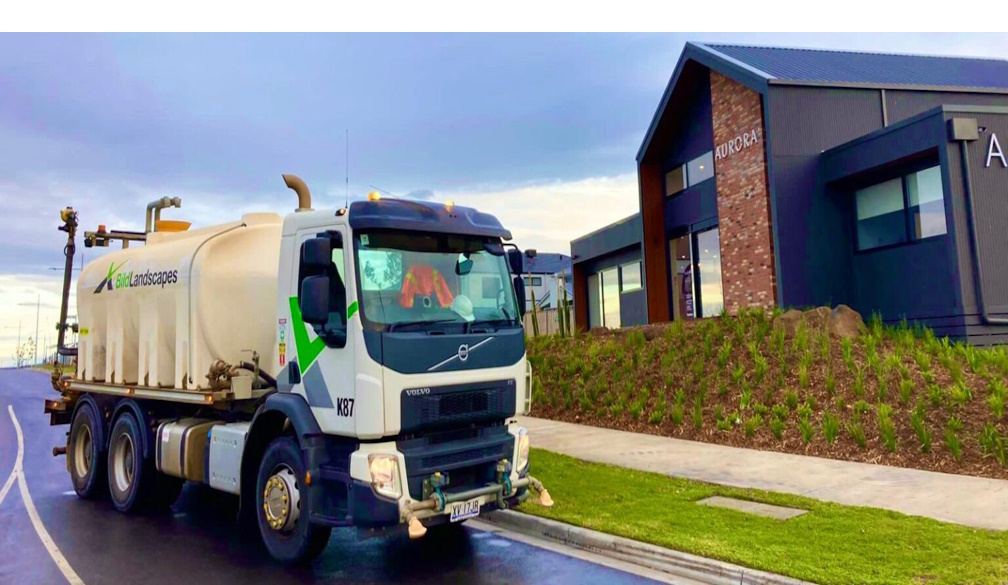Smart Garden Technology: How Homeowners are Automating Green Living

Gardening enthusiasts are driving a silent revolution that takes place behind their garden hedges and along public nature strips. Sustainable homeowners, who understand technology, are adopting smart garden solutions that simplify gardening tasks. This trend exceeds simple convenience because it addresses growing needs for water-saving measures along with optimised time management and strengthened climate resilience.
Outdoor living has become intertwined with technology through the introduction of automated irrigation systems and robotic lawn mowers. Smart garden systems moved from futuristic showrooms into mainstream domestic use, where they transform garden interactions.
From manual to automated: A shift in garden culture
Much of Melbourne experiences shifts in climate that see dry spells transform into heavy rains within just weeks. Standard practices of manual watering alongside routine mowing and maintenance based on guesswork fail to meet current demands. Smart technology proves to be more than just a contemporary answer and stands as the logical next step in garden management.
Current automated irrigation systems utilise soil moisture sensors along with weather data integration and app-based controls. They deliver water to gardens with greater precision than humans ever could by supplying hydration only at necessary times and locations. Systems delay programmed irrigation when rainfall is expected, which greatly decreases water waste.
Cities like Brisbane and Perth are also seeing an increasing uptake of these systems, as residents respond to the unique challenges of hot, dry summers and periodic water restrictions. Smart garden tech helps residents in these climates maintain green spaces without compromising water conservation goals.
Robotic mowers: Quiet operators of the lawn
Alongside smarter watering comes smarter mowing. Modern suburban backyards frequently feature robotic lawn mowers, which used to be considered novelty items. These small machines function with minimal noise as they chart the lawn area and perform regular cuts to keep the grass at an even height. The grass clippings remain on the lawn where they function as natural mulch to replenish soil nutrients.
Robotic units operate independently of human scheduling or brute force, which traditional mowers depend upon. Every day, these devices perform precise trimming of small sections of grass. The result? Robotic mowers make lawn maintenance less of a chore because they produce healthier grass while reducing soil compaction and eliminating Sunday lawn work.
Water wisdom: A growing imperative
Australian gardens, though beloved, are also thirsty. Smart irrigation systems enable substantial outdoor water savings while maintaining the health of plants. Devices utilise live weather data to either skip watering cycles or boost watering during high temperatures. There are systems that allocate watering zones by plant type, so lavender receives less water while citrus trees receive more water with pinpoint accuracy.
The environmental benefits represent only part of the positive outcome. It’s a cost-saving measure too. Homeowners experience substantial water bill reductions by eliminating overwatering on large properties and areas with expansive lawns.
Integration with smart home ecosystems
Another driver of adoption is compatibility. Today’s garden tech doesn’t operate in isolation. The system functions smoothly alongside popular smart home platforms such as Google Home, Amazon Alexa, and Apple HomeKit. Homeowners can monitor soil moisture through their phone and command their mower to self-park or program watering delays with simple taps or voice commands.
The advanced integration of garden systems has produced both efficiency gains and increased user engagement. The digital dashboard provides homeowners with direct control over their ecosystem. Tech-savvy consumers benefit from increased interactivity, which transforms their traditional gardening activities into something more advanced.
Commercial opportunities in the green-tech boom
The rise of smart garden technology presents a substantial opportunity for landscape maintenance services that are skilled in tech-driven solutions. The demand is growing for professionals who can install, configure, and support these systems to maximise their performance.
In Sydney, where rainfall can vary dramatically across suburbs, the move toward responsive irrigation and smart weather-based watering has become more necessity than a luxury. These systems help gardens remain resilient, whether facing drought or downpour, and are becoming essential tools for urban sustainability.
Providers of landscape construction services in Melbourne, including those specialising in composite decking in Melbourne, are also embracing the shift, offering packages that integrate structural landscaping with intelligent systems. These services bring together paving, planting, drainage, and technology into cohesive outdoor environments. It’s not just about beauty anymore—it’s about performance and adaptability. Real estate professionals have noticed the trend, too. Homes equipped with smart outdoor features tend to attract younger buyers and command higher sale prices. These low-maintenance, high-efficiency landscapes are redefining kerb appeal and adding real value to property portfolios.
A future rooted in smart sustainability
Australian homeowners facing climate change now can convert their gardens into digitally networked ecosystems that adapt to conditions. The urban outdoor environments of Australian cities are experiencing a transformation through sustainable practices combined with intelligent design to redefine their function in city dwellings.
Smart garden solutions showcase their practical and innovative nature by saving water and minimising labour requirements while simultaneously boosting property value. For businesses in landscape construction and maintenance, the message is clear: The modern approach to gardening combines automated systems with sustainable methods that align with today's residential needs.

